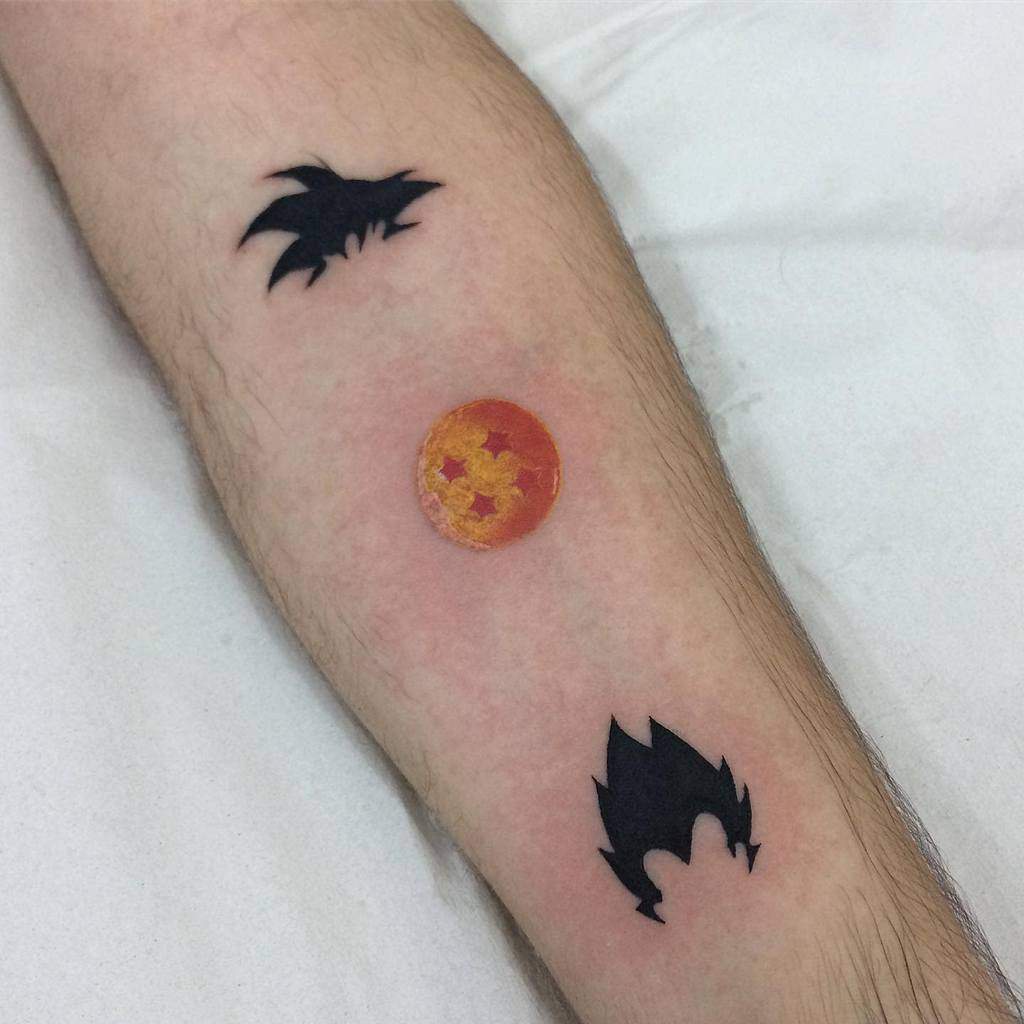Unlucky Genes: Understanding the Least Lucky Genetics

Unlucky Genes: Decoding the Science Behind Hereditary Misfortune

Have you ever felt like bad luck seems to follow you around? While some might chalk it up to chance, emerging research suggests our genes might play a surprising role in shaping our susceptibility to misfortune.
Understanding Genetic Predispositions
Our DNA, the blueprint of life, contains instructions for everything from eye color to disease risk. Certain genetic variations, often referred to as “unlucky genes,” can increase the likelihood of experiencing negative events. These genes don’t guarantee misfortune, but they can make individuals more susceptible to certain challenges. For instance, genetic predispositions to anxiety or impulsivity might lead to riskier decisions, potentially increasing the chances of accidents or financial setbacks.
Beyond Bad Luck: Environmental Factors Matter
It’s crucial to remember that genetics aren’t destiny. Environmental factors play a significant role in how these “unlucky genes” express themselves. A supportive environment, healthy lifestyle choices, and access to resources can mitigate the impact of genetic predispositions. Think of it like this: having a gene linked to a higher risk of skin cancer doesn’t mean you’ll definitely develop it. Consistent sunscreen use and regular checkups can significantly reduce your risk.
Identifying Unlucky Genes: A Complex Puzzle

Pinpointing specific “unlucky genes” is a complex task. Many traits and conditions are influenced by multiple genes interacting with each other and the environment.
- Polygenic Risk Scores: Researchers use polygenic risk scores, which analyze numerous genetic variants, to assess an individual’s predisposition to certain conditions. However, these scores are still in their early stages and don’t provide definitive predictions.
- Epigenetics: Epigenetics studies how environmental factors can influence gene expression without altering the DNA sequence itself. This field highlights the dynamic interplay between genes and environment.
📌 Note: While research into "unlucky genes" is ongoing, it's important to avoid stigmatizing individuals based on their genetic makeup. Understanding these predispositions should empower us to make informed choices and seek support when needed.
Empowering Yourself: Beyond Genetics

Knowing about potential genetic predispositions can be empowering. It allows us to take proactive steps to minimize risks and maximize our well-being.
- Healthy Lifestyle: Prioritize a balanced diet, regular exercise, and adequate sleep. These habits can significantly impact overall health and resilience.
- Stress Management: Practice stress-reduction techniques like meditation, yoga, or spending time in nature. Chronic stress can exacerbate the effects of certain genetic predispositions.
- Regular Checkups: Schedule regular medical checkups to detect potential health issues early on.
- Seek Support: Don’t hesitate to seek professional help if you’re struggling with mental health issues or other challenges.
Unraveling the Mystery: A Journey of Discovery
The study of “unlucky genes” is still in its infancy, but it holds immense potential for understanding human health and well-being. As research progresses, we can expect to gain deeper insights into the complex interplay between genetics and environment, ultimately empowering individuals to take control of their health and lead fulfilling lives.
Can I change my "unlucky genes"?
+While you can't alter your DNA sequence, you can influence how genes express themselves through lifestyle choices and environmental factors. This is known as epigenetics.
Are "unlucky genes" responsible for all bad luck?
+Absolutely not! Chance, circumstances, and personal choices play significant roles in our experiences. "Unlucky genes" simply represent a predisposition, not a guarantee.
Should I get genetic testing to find out if I have "unlucky genes"?
+Consult with a healthcare professional to discuss the benefits and limitations of genetic testing. Remember, understanding your genetic makeup is just one piece of the puzzle.
genetic testing, epigenetics, health and wellness, personalized medicine, gene expression, hereditary predispositions, risk factors, lifestyle choices, environmental influences, mental health, stress management.


